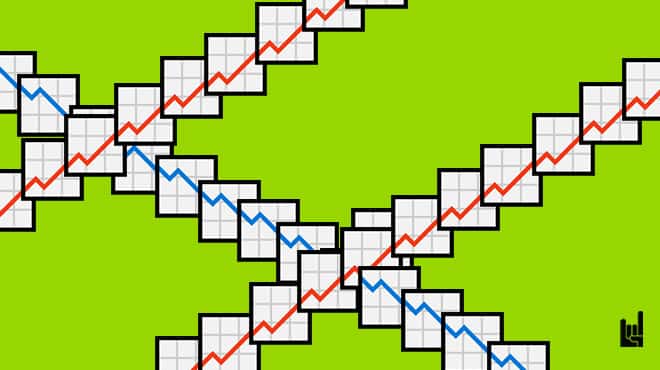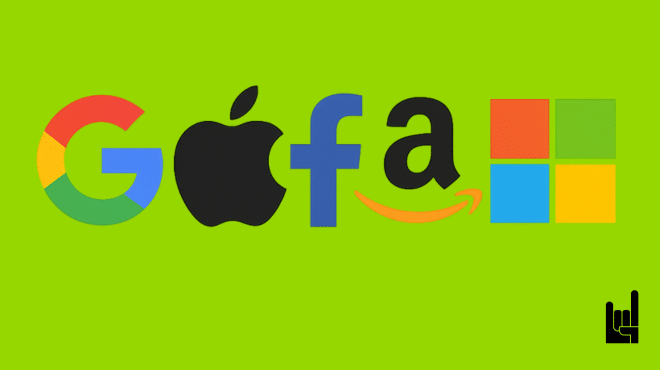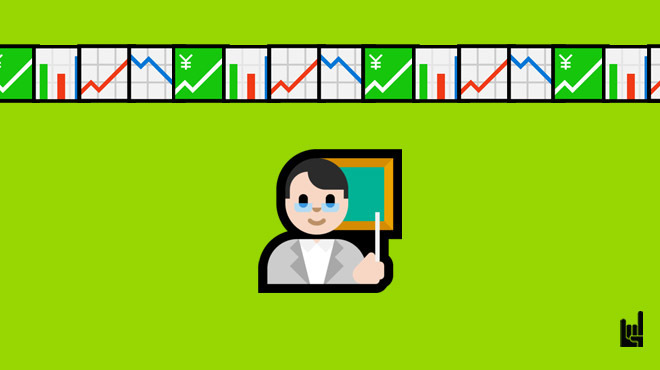More often than not, it takes more time than you had planned or predicted.
And when it comes to financial matters, things can get tense – especially when time is not on your side.
Most certainly, you may know how to create an invoice but maybe feel anxious or helpless when the invoice is due but you haven’t received your payment.
Fear not, fellow reader!
In his invoice email guide, you will find the 4 email templates you need.
Email Invoice #1: Before the Invoice Is Due
According to Exim, 60% of invoices are paid late. One of the top reasons for late payments is bureaucracy. Part of a negotiation seminar training is to learn how to overcome cultural problems such as excessive red tape.
A simple move to counter the effects of red tape is to send an invoice before payment is due. An invoice before payment is due also works as a pro forma invoice. A pro forma invoice acts as a bill of sale, a quote, and an estimate.
An early invoice works to recap on agreements reached during negotiations. You are essentially creating a summary for your customer based on what the customer agreed to buy and at what price. Sending an early invoice also allows businesses to action their internal approval processes. An early start on processing is far more likely to lead to timely payment. The best time to send out the first invoice is:
- Right after negotiations and contract signing
- Immediately after work has begun/ended
- Right before a budget period, e.g. sending Q2 invoice before the end of Q1
The invoice email template should contain:
- The subject
- Body
- Signature
- Attached invoice in PDF format
An email invoice template before payment is due could look like this:

Subject: (Your business name): Invoice #(invoice reference number)
Hi (contact’s first name),
I hope business is great, and your plans to (contact’s business goal) are on track.
I just wanted to drop a quick note to remind you that (invoice amount) for our invoice #(reference number) will be due for payment on (due date).
Could you confirm that all the details are correct as per our agreement? It would be helpful to know everything is on track for payment. Will I need to cc any other departments at (customer’s business/organization name)?
Best regards,
(Your name)
(Signature)

An effective subject line is clear and concise. Your contact should know what the email is about, or they may send your email to spam without reading. The email may be deleted if the person receiving invoices is not familiar with your company as a new supplier to their business.
In the email’s body, a personal opening line is an excellent way to catch up with your customer’s aspirations professionally.
Wrapping up the email by asking for confirmation of detail
s seeks to correct any errors in the invoice. You also want to ensure you’re sending the invoice to the right person/department.
Ending with one or two simple questions prompts your contact to reply. With a reply, you can check that your email reached and was read by its recipient.
Email Invoice #2: On the Due Date
Like in the first email invoice, of course, be professional and friendly when sending a due date invoice. State the total amount due along with the due date, making clear any prepaid amounts. Include a thank-you note appreciating the company for their business.
In the invoice, include all line items you agreed to during negotiations. Be sure to include all details of negotiated discounts, taxes, and other payment terms to increase the chances of the invoice being paid on time. An email invoice on the due date could look like this:

Subject: (Your business name): Invoice #(invoice reference number)
Hi (contact’s first name),
Thanks for your business. Please find attached your invoice from (your company name) for Invoice #(invoice reference number) for (invoice amount).
Kind regards,
(Your first name)
(Signature)

A due date invoice email reminds the customer to honour their obligation. The due date invoice also acts as a record for your customer’s accounting entries. Negotiation seminar leaders advise that clear and concise messages yield the best results when it comes to securing payments.
Email Invoice #3: In Early Overdue
To maintain consistent cash flow, you don’t want your customers slipping into late payment. In early overdue, you want a firm commitment for payment as soon as possible.
You also want your customers to be aware of late payment fees and penalties. Ensure any fees and penalties are part of the negotiated contract. An early overdue email invoice template could look like this:

Subject: (Your business name): Invoice #(invoice reference number) Due: (past date)
Hi (contact’s first name),
I hope all’s well.
We are yet to receive payment of (invoice amount) for our invoice #(invoice reference), which was due on (due date).
The invoice is now seven days past due date since (due date) with a balance of (balance amount). A seven-day delay attracts a 1.5% late fee as per our contract. When can we expect payment on the balance?
You can pay by (insert preferred payment method). Please contact our accounts manager (name & phone/email) if you need further assistance. We look forward to your swift response.
Kind regards,
(Your name)
(Signature)

In early overdue, you want to give your contact the benefit of the doubt. Maybe they have already sent out the payment, which hasn’t reflected in your systems. The contact may still be chasing a signatory for approval.
Another possibility, if we’re really giving the benefit of the doubt, is that the customer didn’t know how to make the payment. So, provide your customer with options to pay to prevent their early overdue becoming late overdue.
Also, by asking when to expect payment, you relieve your contact of the pressure of an overdue payment. Instead, the contact now has some leeway to propose a later date. Most businesses won’t want to seem unreliable by breaking a second promise.
Email Invoice #4: In Late Overdue
A late overdue invoice email tries to secure a payment date. Negotiation seminar facilitators recommend that you should be firm. Let the customer know that late payment is not okay with you. An approach that’s too soft may set poor precedence of ignored payments.
The late overdue email adds some urgency to the invoice. The email may make mention of legal ramifications. A late overdue template could look like this:

Subject: (Your business name): Invoice #(invoice reference number) OVERDUE
Dear (contact’s first name),
I hope all is well at (customer’s company name).
We are yet to receive payment for Invoice #(reference number) for (amount) due on (due date). The invoice is currently (number of days) overdue.
I’m reaching out to find out if there is any way we can assist in getting the payment processed. The long-overdue amount has become problematic for our accounting department and are now considering forwarding to our collection service for action.
You can pay by (insert preferred payment method). Please contact our accounts manager (name & phone/email) if you need further assistance. As a matter of urgency, could you get in touch and let us know when to expect payment?
Kind regards,
(Your name)
(Signature)

To be effective, the late overdue email uses strong wording while still offering assistance. If you want some extra help with this or similar situations, thankfully, an online negotiation platform can prepare credit managers in handling payment disputes.
Back to our email, the first line asks about the contact’s company, trying to find out whether there are internal problems leading to delay in payments. Most businesses will want to maintain a reputation of being an ongoing entity. Letting the customer know the next step would be the collection service process increases the chances of a prompt response that leads to payment.
Once the Customer Pays
Thank you emails can build positive working relationships. Whether the invoice payment comes early or late, a word of thanks adds a touch of professionalism. Customers who pay early will appreciate that you recognize their timely payments. Those who pay late will likely appreciate your professional and polite handling. The late payers might even pay faster in the future or negotiate credit terms.
For all email invoices, be professional and courteous. Always try to be clear and concise. An ambiguous subject or long email may end up in the trash folder, unopened. Reminders can go a long way in prompting action to pay your receivables.

I write for GrowthRocks, one of the top growth hacking agencies. For some mysterious reason, I write on the internet yet I’m not a vegan, I don’t do yoga and I don’t drink smoothies.



